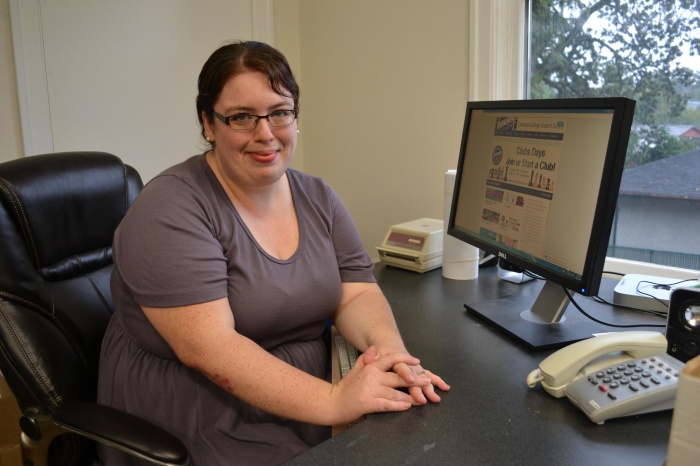Members of the Camosun College Student Society (CCSS) recently met with government officials to discuss and mediate student and institutional concerns.
On Friday, September 5, the CCSS members met with MP Murray Rankin. Then, on Tuesday, September 9, they met with NDP Advanced Education Critic Kathy Corrigan, MLA Rob Fleming, and MLA Carole James.
Hot-button issues include the repatriation of funds to trades programs pertaining to the liquid natural gas industry and continual cuts to domestic ESL programs, as well as general issues of funding, grant availability for low-income students, and the spread of student services over multiple institutions.

CCSS external executive Rachael Grant says that while there has been progress through these meetings, there are still unaddressed issues.
“Various institutions, including Camosun, are chronically under-funded; we are 49-percent funded by the government every year, and the rest is derived from student fees. That’s an issue; that’s less than it used to be,” says Grant. “We have buildings that are literally falling apart… there’s no more fat left to skim.”
Grant says many of Camosun’s older buildings go without maintenance as funds are redirected to cover for curriculum cuts and to cap tuition fees.
The CCSS is also battling to reinstate grants and bursaries that previously assisted low-income students and applied to the majority of programs offered at the college. That grant money has been shifted away from general studies to supplement BC’s Skills for Jobs Blueprint, which puts priority on trades useful in the growing liquid natural gas industry, says Grant.
“It’s not incredibly informative and in some areas it’s lacking… it states liquid natural gas is the future of higher education,” says Grant of the Blueprint. “[Funding] shouldn’t be influencing students’ dreams. You can have the education you always dreamed of, if it’s in the trades. Education is essentially a right, and our current government does not prioritize postsecondary education.”
In an email statement to Nexus, Minister of Advanced Education Amrik Virk reinforced his ministry’s focus on a long-term collaborative effort to “maximize the government’s investments in BC education,” which includes implementing B.C’s Skills for Jobs Blueprint.
“It is a challenge that I know Camosun College will rise up and meet,” says Virk.
But this severely limits the freedom of institutions to provide equal funding to every department, according to Grant, forcing them to spread the remaining resources thin.
For students at the college, these issues may not be immediately apparent, and some aren’t yet aware of the CCSS’ efforts.
“I have no idea what the student society does. I only heard of them during the first week of classes,” says second-year Criminology student Troy Philip.
Other students are more enthusiastic about the CCSS advocating on their behalf.
“Funding is definitely important,” says first-year Criminology student Jane Egan.
The student society’s talks with government officials will continue throughout the remainder of the year, says Grant, putting pressure on the government to provide funding to the college, which is currently operating at 98 percent enrollment capacity.
